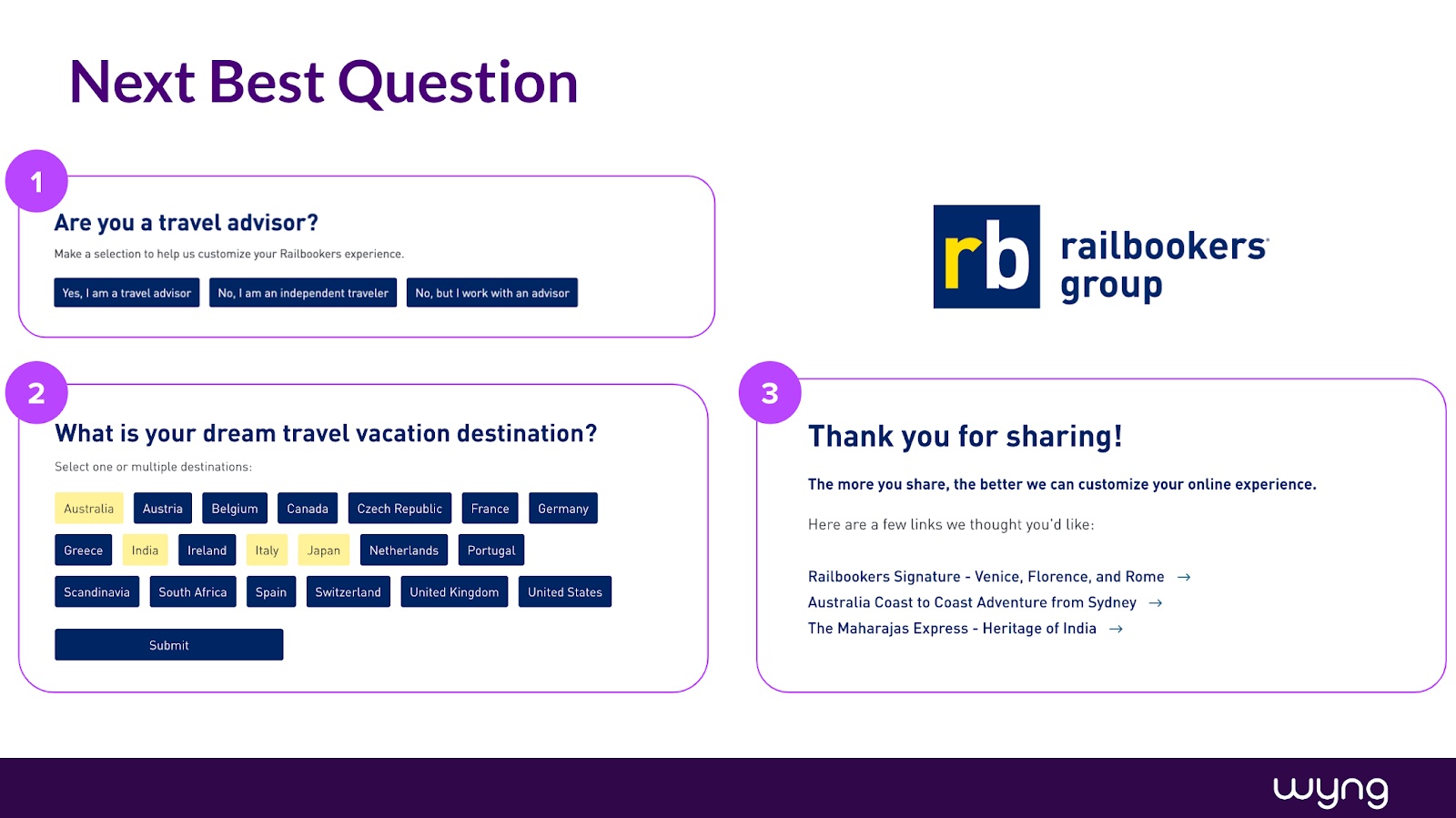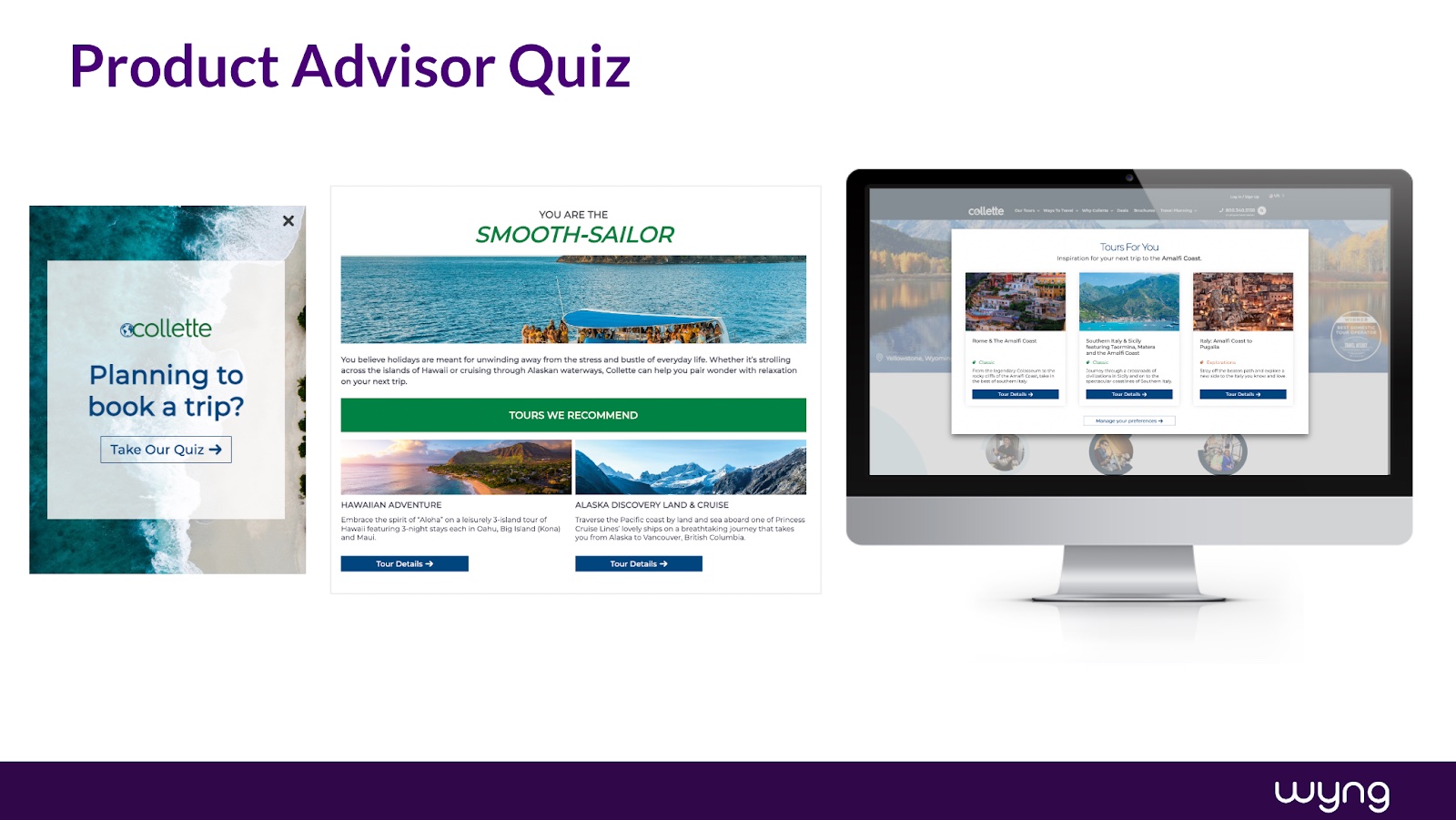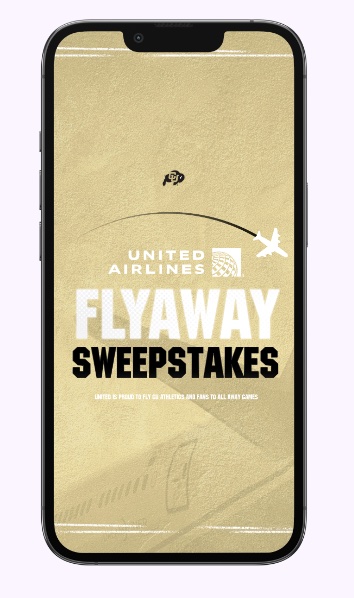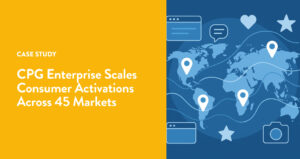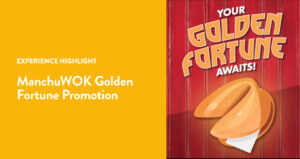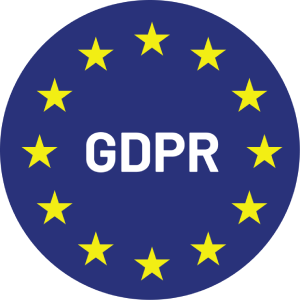In the dynamic world of the travel/hospitality industry, creating exceptional travel experiences is paramount to helping a brand stand out among the competition. To create these exceptional experiences, a hospitality brand needs to truly understand each customer’s unique preferences, offer experiences tailored to that information, and then monitor customer engagement and satisfaction to ensure customers’ needs are consistently met as their preferences change over time.
Hospitality brands need a transparent, user-friendly way to collect this critical customer preference data, also known as “zero-party data”. In this article, we will delve into zero-party data, highlighting its advantages over first-party data, and reveal how decision-makers in the travel and hospitality sector can leverage it to craft personalized and unforgettable experiences. Get ready to unlock the true power of zero-party data!
Why the hospitality industry needs zero-party data over first-party data
First-party data falls short because data gathering is limited to tracking website interactions and observation – it is data inferred based on customers’ online behavior. In our privacy-conscious society, consumers dislike the idea of their online activity being watched and opt out of these kinds of marketing programs, leaving the travel/hospitality provider to guess what their customers really want.
Zero-party data is a game-changer for understanding and connecting with your current customers because, unlike traditional data sources, zero-party data is actively shared in exchange for value, offering a potential goldmine of insights that allow businesses to transcend basic demographics and tap into customers’ motivations, interests, and desires directly. Here are some examples of zero-party data often collected by brands in the travel industry:
- Buyer persona: individual traveler vs. travel advisor; business traveler vs. vacation traveler
- Product affinities: destinations, tour types
- Likes/dislikes: family-friendly travel, eco-friendly travel, high activity vs. low activity, etc.
- Communication preferences
- Budget & timeline for travel
As AI-driven strategies become prevalent, zero-party data is going to be even more critical. Zero-party data is also thought to be more detailed and more trustworthy.
How travel experiences are improved with zero-party data
The information gathered by zero-party data methodologies empowers travel and hospitality businesses to elevate travel experiences to new heights of personalization and relevance. By using zero-party data, decision-makers can unveil a treasure trove of information that enables them to tailor offerings, recommendations, and interactions to the preferences of each individual traveler.
Imagine curating customized travel itineraries, suggesting personalized activities you know they’ll love, or recommending exclusive experiences based on travelers’ preferences and passions. This level of personalization fosters a deep sense of connection between the customer and the brand, ensuring unforgettable travel experiences that resonate long after the journey ends.
How to collect zero-party data in the hospitality industry
A zero-party data strategy attracts customers and potential customers to participate in engaging, interesting, and fun experiences in exchange for data that they willingly share. Knowing how to collect zero-party data gives travel brands the opportunity to understand their customers’ specific wants and needs. Here are some proven approaches for gathering zero-party data in the travel and hospitality sector.
Interactive experiences
Establish customer engagement through thoughtfully designed interactive activities that encourage the voluntary sharing of individual preferences and information. These activities can range from simple personality quizzes to more comprehensive post-trip surveys. By participating, customers get the opportunity to articulate their specific desires and interests. For businesses, these interactions serve as a rich source of data, shedding light on the unique needs and preferences of their clientele. This gathered information can then be used by the business to better align its offerings with customer needs, a critical factor in enhancing overall customer satisfaction and service delivery.
Loyalty programs
Incorporating zero-party data collection into loyalty programs can be an effective strategy for gathering customer insights. By offering incentives, such as exclusive benefits, personalized offers, or additional loyalty points, that align with their interests, customers may be more inclined to share their preferences and travel plans.
Beyond the immediate reward, this act of sharing also fosters a deeper relationship between the customer and the brand, nurturing loyalty over time. For businesses, the data acquired from these programs significantly enhances their understanding of their audience’s unique preferences.
Another critical point to consider is travelers’ preferences can change over time. Zero-party data collection as part of your loyalty program will allow a travel brand to update customer preferences periodically and to be certain that you’re delivering content that continues to resonate with your loyalty members.
The importance of trust and transparency
Establishing trust with customers is paramount, especially when it involves collecting their personal information. Trust can be built by openly communicating when data is being collected and assuring customers that their data will be handled with utmost responsibility and security. Customers need to understand the benefits they stand to gain from sharing their preferences, which could include personalized recommendations, loyalty points, or promo codes. Lastly, customers should be able to access and update the data they share with a brand, typically through a customer preference center.
These personalized interactions, which continue to evolve based on the customers’ shared information, reinforce a sense of trust and mutual understanding between the customer and the brand. As customers observe the positive, customized changes resulting from their data sharing, they are likely to feel more connected and loyal to the brand, having seen firsthand the responsible and beneficial use of their data.
Zero-party data companies and hospitality solutions
Specialized zero-party data platforms, like Wyng, cater specifically to travel/hospitality brands by providing comprehensive tools for collecting, analyzing, and activating zero-party data. Wyng helps travel brands:
- Build engaging, beautiful experiences that collect customer data
- Create audience segments with that data that can be used to deliver personalized experiences across all marketing channels
- Put customers in control of their data with a preference center
Here are some examples of zero-party data experiences powered by Wyng:
Next Best Questions
To learn more about their anonymous web visitors, Railbookers Group installed a series of single question pop-ups on their website to gather snippets of customer data over time. Visitors are immediately rewarded for volunteering information, in the form of personalized blog content. In addition, for logged-in users, the data gets stored in a Customer Preference Center, a central location where the data can be referenced, updated, and managed by the customer at any time.
Product Advisor Quiz
A Product advisor quiz is a great way to learn about your travelers and drive product discovery and sales. This satisfying experience by Collette rewards the customer immediately by offering personalized tour recommendations, and then continues to extend value by displaying a curated “Tours for You” section at the top of the home page anytime the customer revisits the website. In addition, Collette learns valuable insights about their customer base by tracking the answers to quiz questions – their preferred destinations, activity levels, and excursion types.
Sweepstakes
Here is an example of a Sweepstakes experience from United Airlines and LEARFIELD. The experience enrolls people into United Airlines’ loyalty program in exchange for a chance to win. The zero-party data collected in this experience is a mileage program opt-in – voluntarily and transparently given.
Gather zero-party data and grow
Leveraging zero-party data has become imperative for the hospitality industry. By embracing this powerful resource, decision-makers can transform their operations, inspire customer loyalty, and drive sustainable growth and profitability. The era of unforgettable, tailored travel experiences has arrived, and the secret lies in the strategic implementation of zero-party data.
By incorporating the strategies outlined in this article, travel and hospitality businesses can unlock the full potential of zero-party data, forging meaningful connections with customers and leaving a lasting impact. Contact Wyng today to find out how you can leverage the power of zero-party data.
